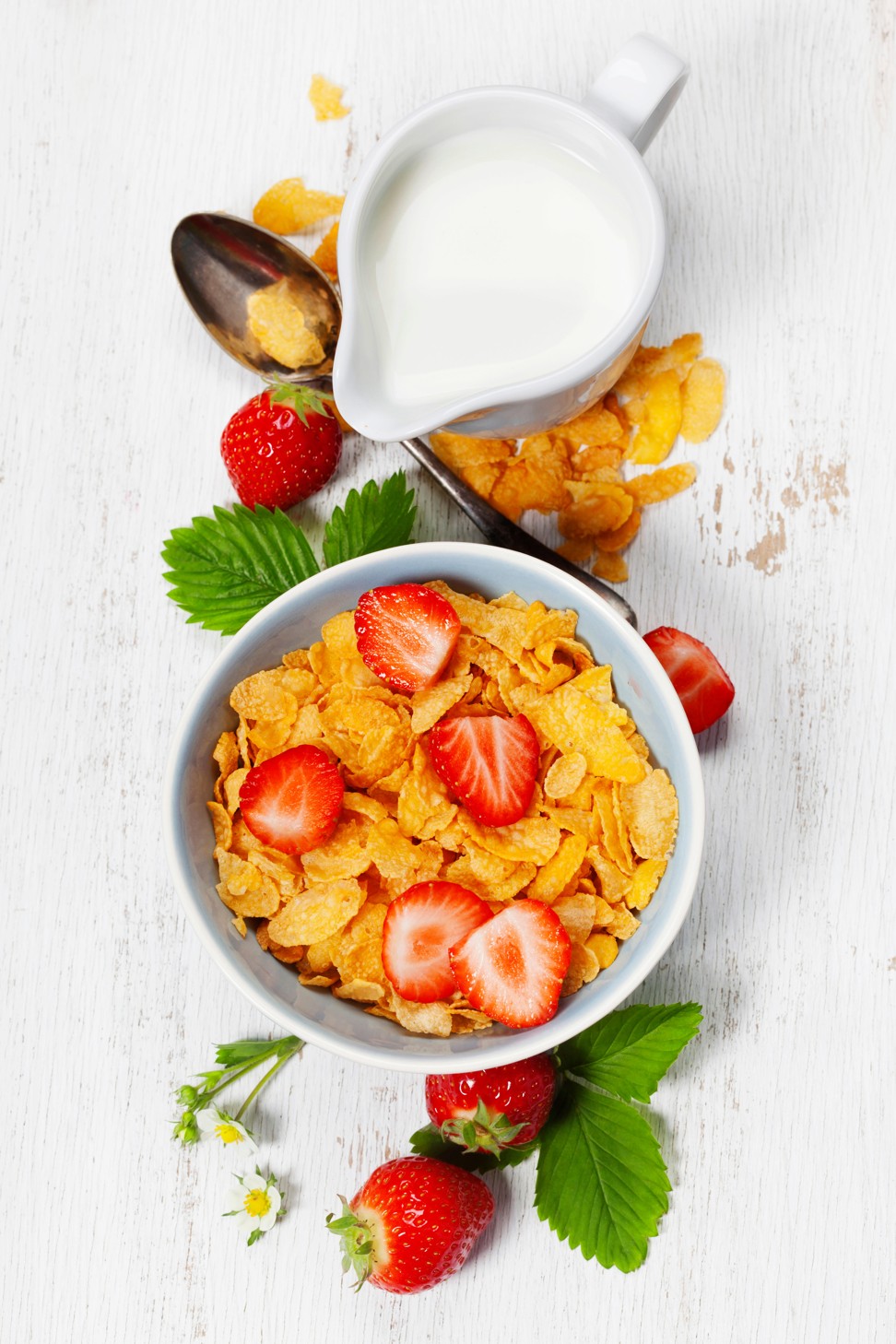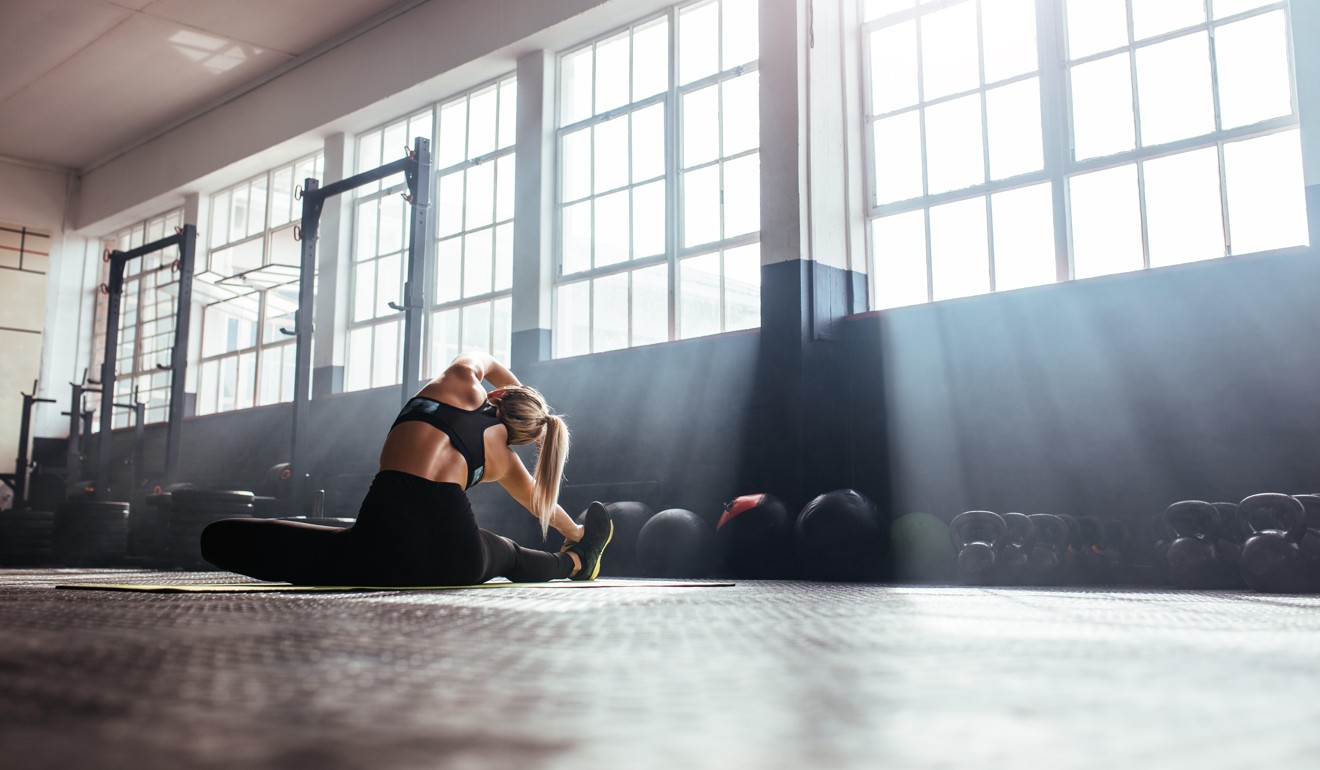
Healthy breakfast guide: the science behind the first meal of the day
- Breakfast helps to kick-start your metabolism in the morning
- We look at the different theories around breakfast and how it benefits the body
We’ve long been told that breakfast is the most important meal of the day; however, what’s the science behind this? Are there certain breakfast foods we should be eating and others we should avoid? The word breakfast comes from “breaking” the fast of sleep. So how can we best do this, and set ourselves up for the day ahead?
Denise Fair, an accredited dietitian based at the Central Health Medical Practice in Hong Kong, explains that breakfast is often considered the most important meal of day because it takes you out of sleep mode and gets the metabolism going.
You want a body like this? Top model shares diet, fitness and life tips
“After you have been sleeping, your body has used up all the nutrients eaten before going to bed so it is looking for fuel to get started again,” Fair says.
There are many different theories about the advantages of eating a good breakfast. Some studies have shown that eating a healthy breakfast is good for the brain, helping to improve memory and concentration levels, as well as reduced stress. In children, breakfast can hugely help with their attention spans and ability to learn at school – teachers can tell which students eat a proper breakfast.

In the long-term, the morning meal has been shown in some studies to reduce the risks of obesity, high blood pressure, heart disease and diabetes. Some experts even suggest that eating breakfast will help you lose weight.
The story of Instagram’s symmetrical breakfasts, huge in Hong Kong
Michelle Lau, founder and principal nutritionist at Nutrilicious, a Hong Kong-based nutrition consultancy company, says that “eating breakfast regularly helps kick-start our metabolism and avoid weight gain”.
In 2017, the Journal of Nutrition published a study which suggested that those who ate three meals a day and snacked in between tended to gain weight, while those who had one or two meals a day, usually lost weight. However, the participants who made breakfast the largest meal, and those who didn’t skip it, were less likely to be overweight.
One theory suggests that this is because eating a good, hearty breakfast means you are less likely to overeat later in the day. Fair notes that some people will find themselves feeling hungrier throughout the day if they eat breakfast – most likely because the metabolism has been fired up and is burning more fuel.

Of course, the benefits of breakfast depend on what you choose to eat. Fair suggests that the best breakfast meals have a “good mix of protein and carbs (and maybe a bit of fruit as well)”. Some yummy examples could be eggs on a small slice of dark toast, plain yogurt with a few spoonfuls of muesli or oats, nuts, seeds and some fruit, or a home-made smoothie made from plain yogurt, one piece of fruit and some nuts or seeds.
Lau outlines her time-saving ideas: “whole grain cereal and low-fat milk one day, eggs and fresh fruits the next, and low-fat and low-sugar yogurt with whole grain cereal the day after that. Another one of my faves is a breakfast wrap with a whole wheat tortilla, scrambled eggs, shredded reduced-fat cheese, and salsa, which can be eaten on the go.”
The foods to avoid are those with a lot of sugar. Fair describes how this triggers a huge insulin response in the body, meaning your blood sugars will crash and within an hour or so, you’re hungry again.

Sometimes people don’t realise what they are eating/drinking contains large amounts of sugar, such as orange juice: one glass can contain up to six to eight pieces of fruit which is an unnatural amount of sugar to have in one sitting. Unfortunately, it’s too easy to grab a high-carb breakfast, such as processed cereal, a pastry and so on. So it’s important we consider the benefits of investing a little time into making a healthy and filling meal first thing in the morning. A well-balanced protein and carb meal will give you energy that is slow burning and stabilises your blood sugars.
Is the 80/20 weight loss rule true? Hong Kong naturopath says yes
Breakfast hasn’t always been the quick grab-and-run meal. The world’s first cereal was produced in 1863, and had to be soaked overnight to be soft enough to eat in the morning. In 1906, Kellogg’s cornflakes were invented by John Harvey Kellogg – but not for the reasons people might think. The popular cereal brand was created as a means of curbing masturbation, which Kellogg considered a heinous offence. He thought a healthy and bland diet would help people to refrain from their sexual impulses. Since then, the popularity of breakfast has only grown.

In terms of breakfast alongside exercise, there are several opposing ideas about the best approach. Some experts suggest that exercising before breakfast will help aid weight loss, while others disagree. Fair concludes that “there is no scientific proof either way. Many people believe that it is better to exercise in a fasted state when you want to lose weight as you are drawing [from] your [fat] stores to fuel your body during the exercise.”
Other theories why people prefer to exercise before eating include that after sleep the body is insulin sensitive and so a small portion of carbohydrates will cause the insulin levels to shoot up, promoting fat gain. Another is that exercising on an empty stomach improves the body’s ability to use fat as a fuel, which leads to more fat being lost. Nonetheless, Fair says that some people find exercising on a completely empty stomach difficult.
A decade of intermittent fasting – see how one health coach did it
There is not enough evidence to suggest that exercising before breakfast will drastically affect how quickly you lose weight, and so perhaps it is best to complete a workout under whichever circumstances suit you best.
Breakfast trends come and go, and vary from culture to culture. British citizens favour a fat-packed fry-up; Japanese typically tuck into miso soup and fish with pickled vegetables; Chinese grab a fried dough stick and warm soy milk, or congee and dim sum. It’s not what you eat that is as important as the act of eating. As Lau says, “any breakfast is better than no breakfast”. Give your body the fuel it needs to get on with the rest of the day.

